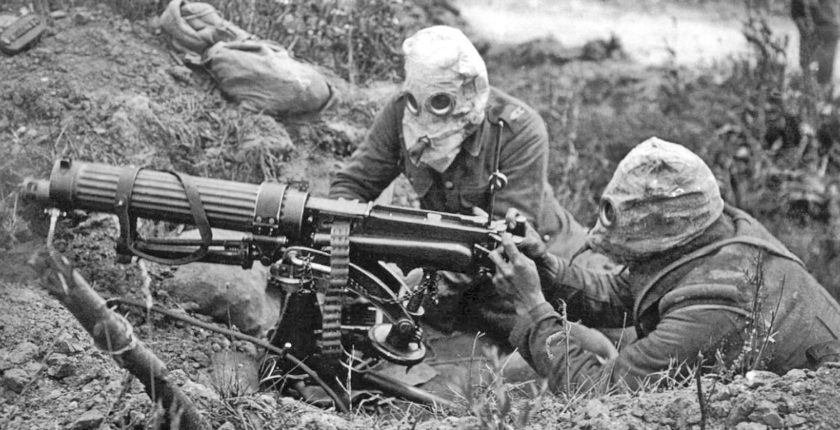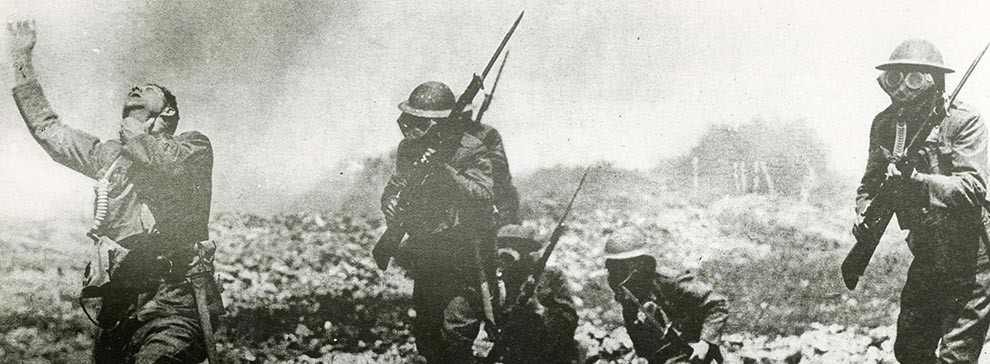Between 1900 and 1914 there had been three majors
crisis between the great powers. These crisis exposed the differences between
these countries and reinforced the hostility: the Marocan Crisis (1905), the
Second Marocan Crisis and the anexation of Bosnia-Herzegovina.
One of the most relevant reasons was that Serbia was
aggrandized due to the Two Balkan War (it lasted a year from 1912 to 1913), so
the serbians turned their attetion to the idea of liberating the South Slavs of
Austria-Hungary, that were their colonizers by the time. Serbia were getting
stronger, it was a treath to Austria so they decided to destroy their growing power.
But what did that provoke? Well...
One day, the archiduke Franz Ferninand was about to
visit Bosnia on a tour of military inspection, so Dragutin Dimitrijevic (head of Serbia's military intelligence) plotted his assesination.
The primer minister Nikola Pasicheard of the plot and
warned the Austrian goverment, but the message wasn't understood.
Thats why on June 28, 1914, in Sarajevo (the capital
of Bosnia), Franz Ferdinand and his wife Sophie were shot dead by a Bosnian
serb called Gavirilo Princip.
After this unexpected and shocking event, on July 23th
the Austrian goverment started a preventing war agains Serbia, relying on
Germany military power.
On July 25th, Serbia accepted the ultimatum (it means,
the warning of a near war).
On July 28th, War terms were declined by Germany, so
the Austria-Hungary artillery began to bombard and began to movilize on the
Russian frontier. Also Russia ordered general movilization.
Germany, kinda afraid, asked France to keep neutral in
the event of the war between them... but both countries ignored these demands.
Germany started to send trops to Luxemburg. Later, on
August 3-4th, they invaded Belgium. Great Britain had to defend this territory
because it was theirs, so they declared war against Germany.
Likewise, Austria-Hungary declared war against Russia
on August 5th. Then Serbia against Germany on August 6th. Japan entered as
well, and they declared war against them on August 28th.
Then the alliances surged: France and England joined
and Italy confirmed the Triple Allianza on December 7th, 1912, among Russia,
Great Britain, Japan and United States.
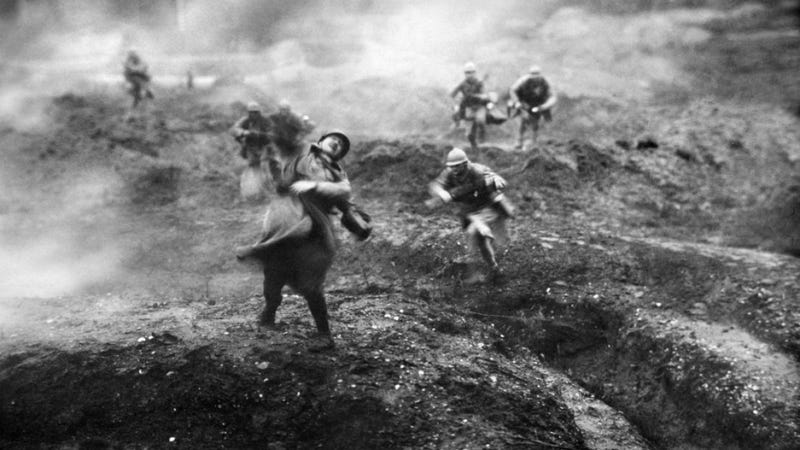
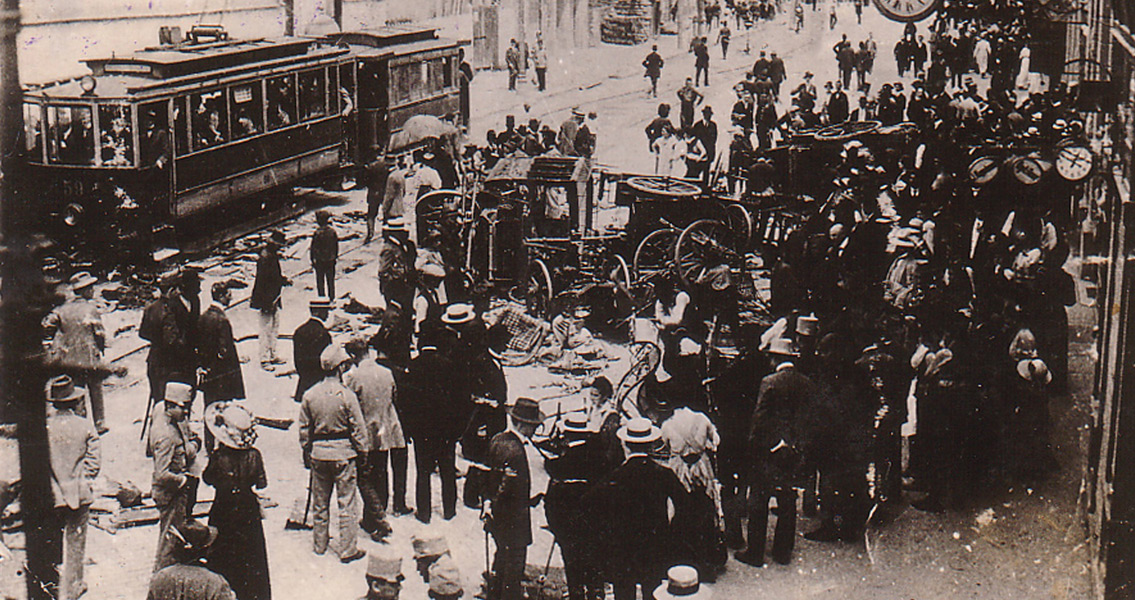
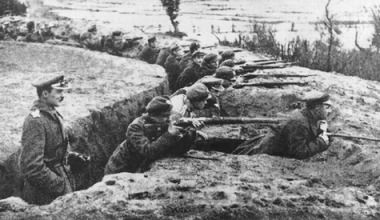
:max_bytes(150000):strip_icc()/GettyImages-185837254-58573e6b5f9b586e029b4ec0.jpg)
